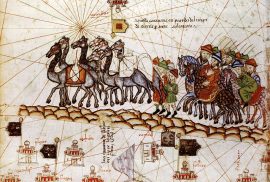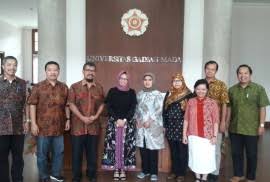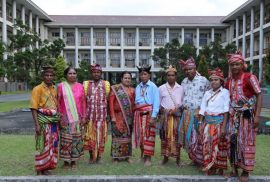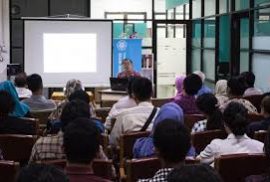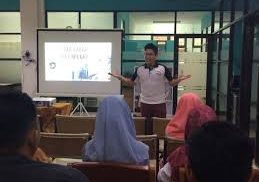“As a region with a wide territory, relations between the periphery and the center of power in ASEAN are often colored by negative stereotypes due to cultural differences. Surprisingly in the midst of a negative stereotype that developed, the outer areas or often referred to as frontier are still continuously built endlessly for the future hopefuls that unfortunately often cause social and environmental problems ”
The term frontier in the social science universe was originally used by Jackson Turner to explain the American mentality. The term is used to describe the customs of American colonists in exploring and building civilizations in the outer regions found in the new continent. The habit arises because of the view that the outermost is an area full of resources but still underdeveloped. Therefore the area needs to be continuously exploited in order to advance so that it can produce profit for human.


